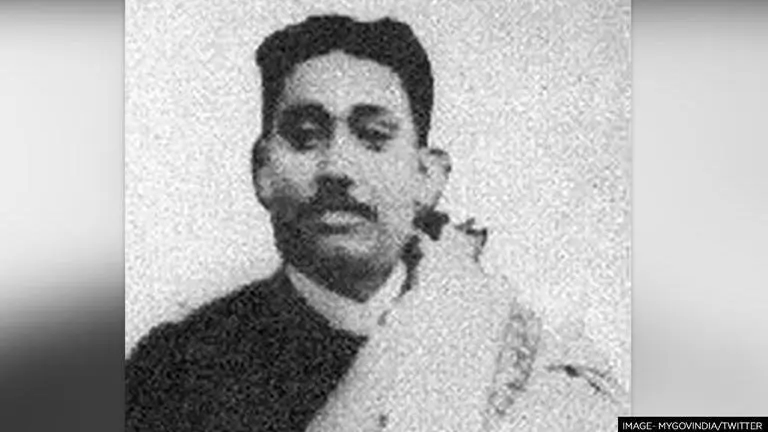Updated 21 January 2022 at 16:28 IST
Rash Behari Bose: Remembering the founding member of INA on his 77th death anniversary
On the 77th death anniversary of prominent Indian revolutionary Rash Behari Bose who opposed the British Raj, the Central government paid homage to him.
- India News
- 3 min read

On the 77th death anniversary of prominent Indian revolutionary Rash Behari Bose who opposed the British Raj, the Central government has offered homage by remembering the leader. Taking to official Twitter handle, it wrote, “Remembering Rash Behari Bose, the revolutionary leader, on his 77th death anniversary today.” The post further stated that Bose was one of the organisers of the Ghadar Mutiny against the British.
During World War II, he was considered to be one of the major organisers of the Ghadar Mutiny and created the First Indian National Army, subsequently renaming it the Indian National Army (INA) after Subhas Chandra Bose. He also formed the Hindu Mahasabha in Japan and served as its first president.
Who was Rash Behari Bose?
Bose was born in a Bengali Kayastha household on May 25, 1886, in the Subaldaha village which was then a part of British India's Bengal Presidency (currently known as Purba Bardhaman district, West Bengal). Born to father Binod Behari Bose and mother Bhubaneswari Devi, he had developed fascination as well as interest in revolutionary movements against British authority at an early age. He was an active member of the Yugantar group of revolutionaries which was led by Jatin Mukherjee. Later on, he made contact with revolutionaries of the Arya Samaj from the United Provinces (now Uttar Pradesh) and Punjab.
Furthermore, in the year 1912, Bose conspired with other leaders to kill Lord Charles Hardinge, the Viceroy of India at that time, however failed to do so. During World War I, he was a key member of the Ghadar Revolution, which aimed to spark a rebellion in India in February 1915. In the same year, Bose traveled to Japan under the guise of Priyanath Thakur, a Rabindranath Thakur cousin and he could not be caught by colonial officials because of his incredible camouflage abilities.
Advertisement
Bose, together with A M Nair, played a significant part in convincing the Japanese government to stand with Indian nationalists and, eventually, to publicly assist the Indian independence cause overseas. On March 28-30, 1942, Bose organised a convention in Tokyo that resolved to establish the Indian Independence League. On June 22, 1942, he called the League's second meeting in Bangkok, where a resolution was passed for inviting Subhas Chandra Bose to join the League and take leadership as its president.
Further, on September 1, 1942, the Indian National League's military arm, Rash Behari Bose's Indian National League, was created. He chose the Azad Hind movement's banner and gave it to Subhas Chandra Bose. On January 21, 1945, he died in Tokyo, Japan. The Japanese government honoured him with the 'Order of the Rising Sun' before his death.
Advertisement
(Image: Twitter/ @mygovindia)
Published By : Anwesha Majumdar
Published On: 21 January 2022 at 12:14 IST
